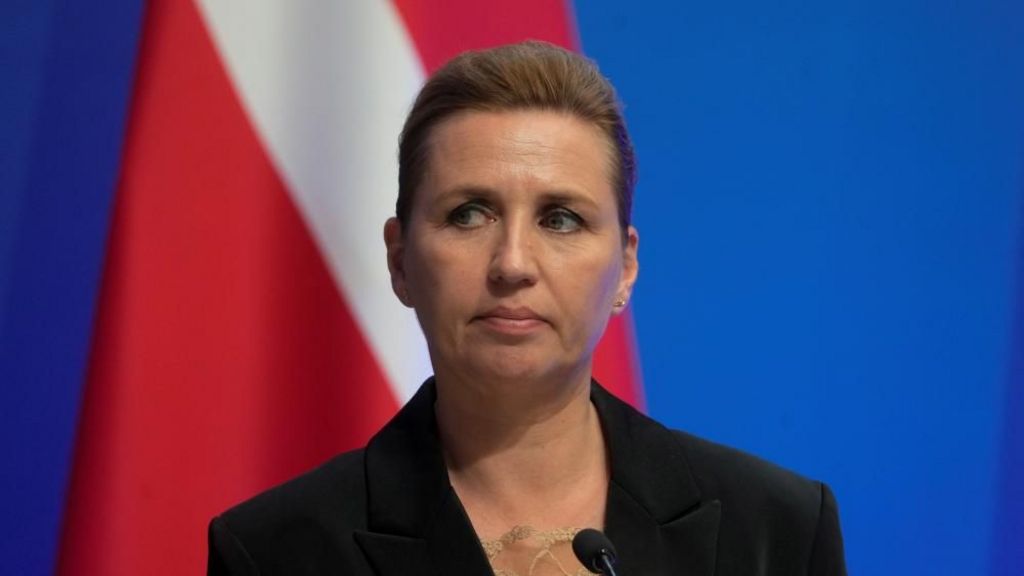In a progressive move, the Danish government is seeking to amend copyright legislation to enhance protections against deepfakes, allowing individuals to demand the removal of misleading digital forgeries from social media platforms. This legislation aims to empower citizens, giving them control over their own image and personal likeness as deepfake technology becomes increasingly sophisticated and pervasive.
Minister of Culture, Jakob Engel-Schmidt, commented on the urgent need for updated laws, stating, “Technology has outpaced our current legislation.” The proposed law is an important attempt to secure individual rights in a digital era marked by privacy concerns and the rise of synthetic media.
Deepfakes leverage artificial intelligence to produce hyper-realistic images, videos, or audio that can easily mislead viewers. While there are legitimate applications for this technology, its misuse has led to serious issues, including nonconsensual pornography, financial scams, and widespread disinformation.
Current international laws primarily address deepfakes through criminal codes, which often fall short in adequately curbing the harm caused, particularly to the victims who may find their likeness exploited without consent. The new Danish bill would instead amend copyright laws, making it illegal to disseminate deepfake creations of individuals without their explicit permission.
There is hope among the proponents of the bill that it could serve as a model for the broader European Union, particularly as Denmark takes over the EU presidency. The aim is to not only safeguard Danish citizens but to set a precedent for wider regulations addressing the challenges posed by digital technology today.
Minister of Culture, Jakob Engel-Schmidt, commented on the urgent need for updated laws, stating, “Technology has outpaced our current legislation.” The proposed law is an important attempt to secure individual rights in a digital era marked by privacy concerns and the rise of synthetic media.
Deepfakes leverage artificial intelligence to produce hyper-realistic images, videos, or audio that can easily mislead viewers. While there are legitimate applications for this technology, its misuse has led to serious issues, including nonconsensual pornography, financial scams, and widespread disinformation.
Current international laws primarily address deepfakes through criminal codes, which often fall short in adequately curbing the harm caused, particularly to the victims who may find their likeness exploited without consent. The new Danish bill would instead amend copyright laws, making it illegal to disseminate deepfake creations of individuals without their explicit permission.
There is hope among the proponents of the bill that it could serve as a model for the broader European Union, particularly as Denmark takes over the EU presidency. The aim is to not only safeguard Danish citizens but to set a precedent for wider regulations addressing the challenges posed by digital technology today.





















